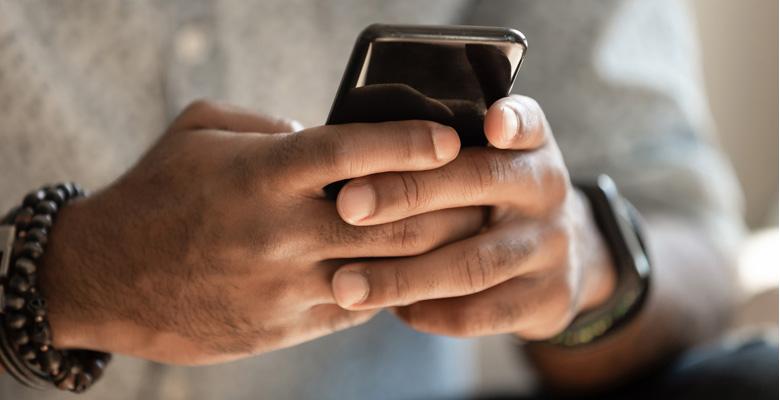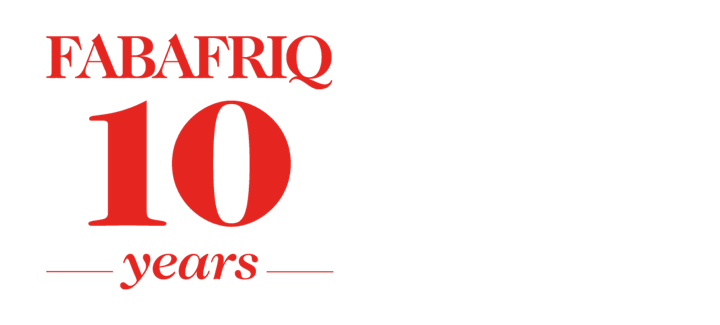Social Media And Its Use In Health Promotion
Every day, millions of people across the world use applications such as Facebook, Twitter, Instagram, and so many others. The rate at which social media has grown and continues to grow is not only impressive but also intriguing, considering the influence these applications have on the world.
However, social media comes with its challenges as well as various advantages. A few of them would be: immediate feedback. Social media has rendered communication easy; information can be exchanged despite the distance without the need for face to face interaction. Also, it renders information available 24hours per day, 7days a week. According to Kreps and Neuhauser (2010), the internet’s vast scope and accessibility is perfect for providing people with motivational information concerning healthy behavior.
Moving to social media and health care, according to Korp (2006), health promotion mediated by the internet has enhanced their healing process. Social media benefits health care by providing information through the use of Google and other health applications to patients and those searching for answers. Which could be considered as playing the role of a doctor by answering basic questions. Providing answers and keeping the people informed especially in cases of pandemics.

The most influential advantage remains its cost benefit feature. Social media has the ability to reach an increasing number of people without the high cost of traditional marketing. (Frick,2006: Neuhauser & Kreps, 2003: institute of medicine 2001:national research,2000: science panel on interactive communication and health(SPICH)1999).
Health promotion mediated by social media and other means of communication is advantageous especially if information is sent around through familiar faces and voices. Studies have proven people tend to listen, believe and feel more comfortable with faces they know.
The WHO has also recognized the importance of social resources as a valuable agent for behavior change in health promotion. Social resources are translated at the community level as support provided by significant others such as family, partners and peers, in the form of information, material aid and encouragement. Social support has been shown to improve health and well-being, whereas social isolation has been shown to have a negative impact on health outcomes. Social support provided by peers has been shown to be a useful strategy to employ in weight management programs. The documented increased use of ICT and social media has presented health promoters with a potentially useful medium to increase social support for weight management.
While the use of social media for health promotion is an emerging field of investigation, preliminary research suggests that it increases participant engagement, and may provide a cost-effective tool to provide social support for individuals participating in weight management programs. With stringent privacy protocols in place, social media may be a useful, cost-effective accompaniment to multifactorial weight management programs. However more research is needed to identify how to make the best use of social media as a health promotion tool.
It is fair to say that the advantages over using social media to promote health care and improve access to health information outweigh its disadvantages and challenges.
